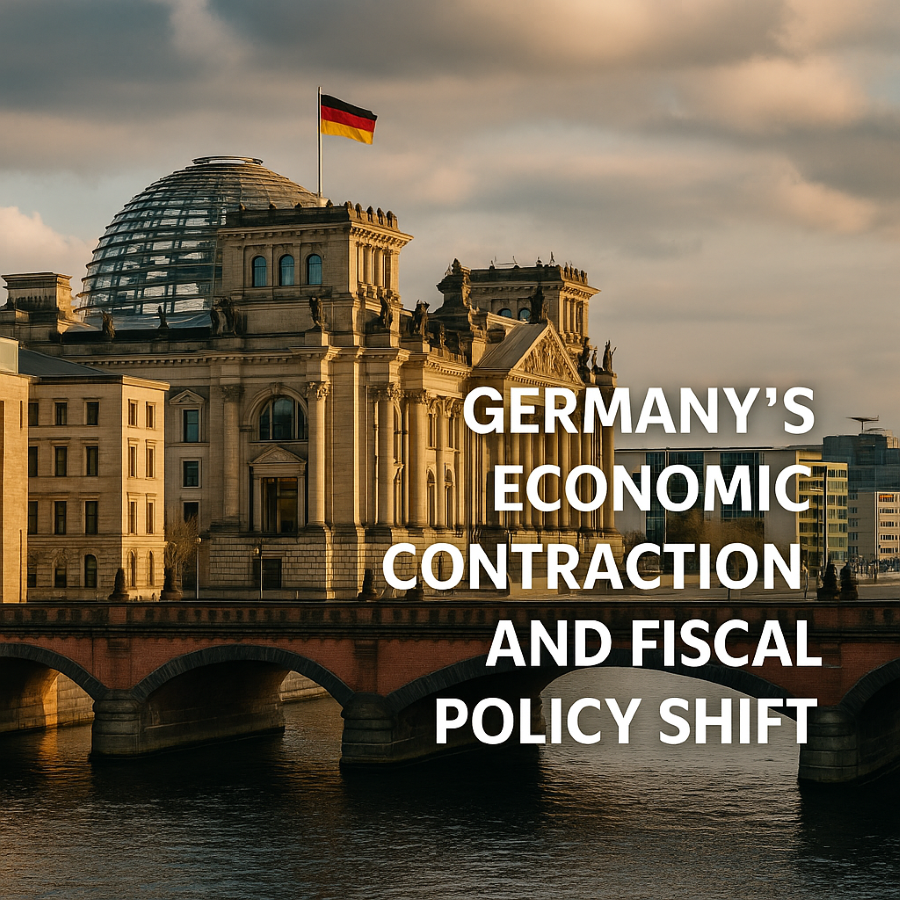In a world of rising inflation, geopolitical tensions, and shifting trade alliances, central banks play a crucial role in maintaining economic stability. Among them, the European Central Bank (ECB) stands out as a key actor in shaping financial resilience across the eurozone. But how exactly is the ECB navigating this complex landscape, and what does it mean for investors, businesses, and everyday citizens?
In this article, we explore the strategic decisions of the ECB, why they matter, and how you can protect your finances by staying informed and proactive.
Why the ECB Matters in Times of Economic Instability
The European Central Bank is responsible for managing the euro, stabilizing prices, and steering monetary policy across 20 EU member countries. During periods of uncertainty—such as inflation surges, economic slowdowns, or external shocks—the ECB becomes a central force in maintaining financial balance.
Key responsibilities of the ECB include:
- Setting benchmark interest rates
- Controlling inflation
- Managing eurozone liquidity
- Supervising banking systems
- Supporting economic growth through monetary stimulus when necessary
When uncertainty strikes, the ECB’s decisions influence everything from mortgage rates to consumer spending to business investments.
Recent Challenges: Inflation, War, and Trade Tensions
Over the past few years, the ECB has faced unprecedented challenges:
- Rising inflation caused by energy price shocks
- Supply chain disruptions following the COVID-19 pandemic
- Geopolitical tensions such as the Russia-Ukraine war
- Shifting global trade with rising tariffs and protectionism
- Financial tightening by the U.S. Federal Reserve and other central banks
To navigate these pressures, the ECB has adjusted its policies—sometimes raising interest rates to fight inflation, other times injecting liquidity to support growth.
How ECB Decisions Affect You
Even if you’re not in Europe, the ECB’s actions can affect global markets. Here’s how:
- Higher ECB rates can strengthen the euro and impact global currency flows
- Tighter monetary policy may cool off European stock markets
- Lower rates may encourage more borrowing and investment in the eurozone
- ECB bond-buying programs can influence global bond yields
For investors, understanding these dynamics is crucial to portfolio planning.
Smart Financial Moves in Times of Uncertainty
Economic volatility requires strategic thinking. Here are some practical steps you can take:
- Diversify your investments across sectors and regions
- Consider inflation-protected assets, like TIPS or real estate
- Stay updated on ECB press releases and economic forecasts
- Use economic downturns to upskill and explore infoproducts that enhance your financial literacy
- Invest in knowledge—economic trends reward those who understand them
The ECB’s Influence Is Global
The European Central Bank remains a powerful institution that shapes not only the future of the eurozone but also the global economy. Whether you’re an investor, entrepreneur, or curious citizen, staying informed about the ECB’s strategies is essential in a world full of economic twists and turns.




